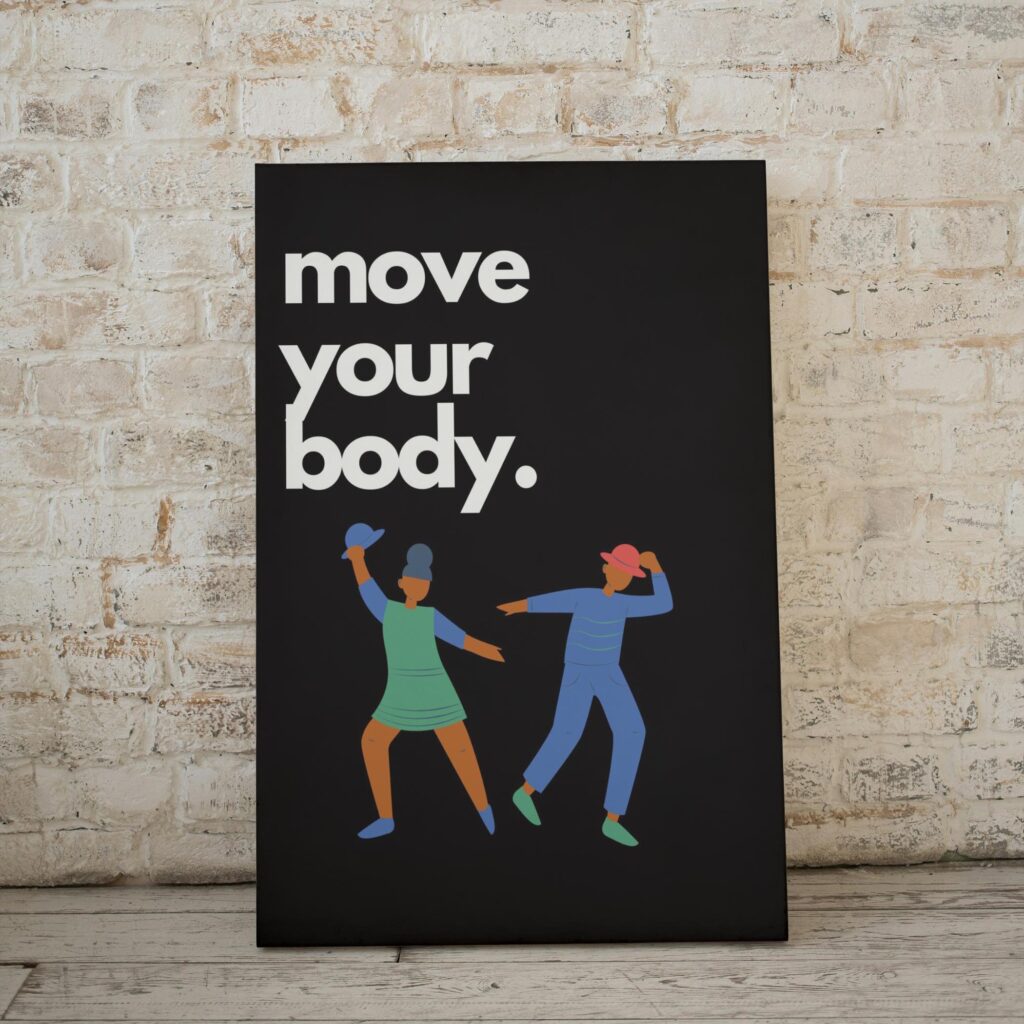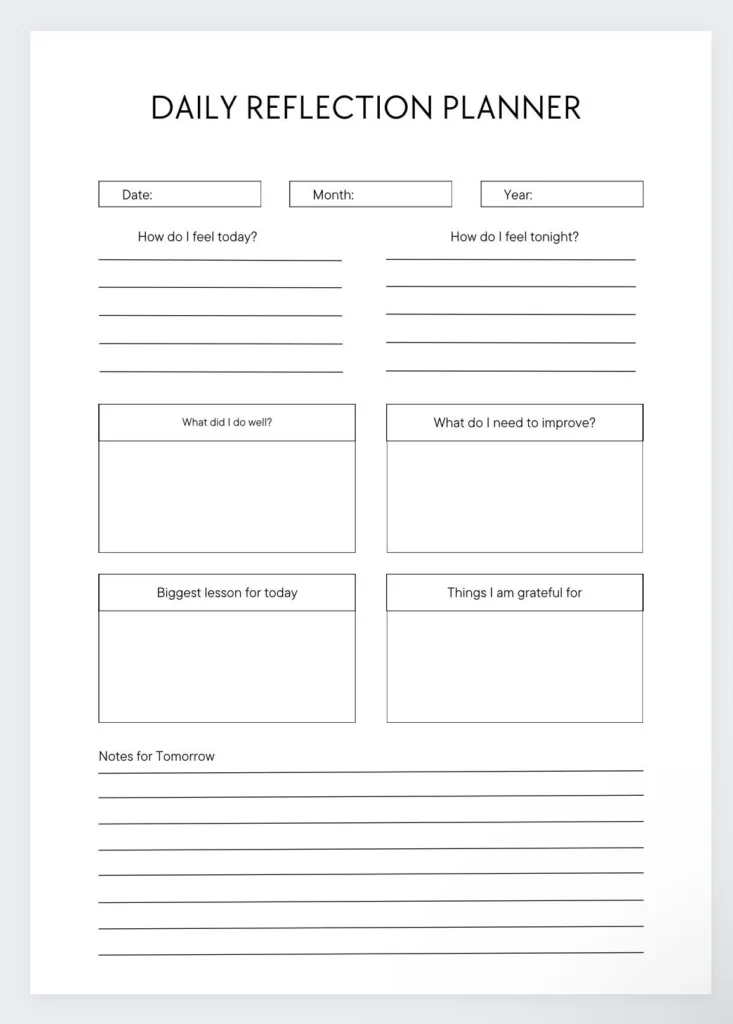Health and Wellness: Small, Consistent Habits for a Healthier, Happier Life
Health and wellness are not about drastic changes or the latest trends; instead, they stem from the power of small, consistent habits that build over time. While it’s tempting to overhaul everything at once, lasting change comes from incorporating small, meaningful actions into your daily routine. Whether you’re aiming for improved physical health, mental clarity, or emotional balance, these 20 life-changing daily habits will help you on your journey to long-lasting health and wellness.
Healthy Morning Habits to Start Your Day Right
The morning sets the tone for the rest of the day. By starting your day with intention and care, you lay a strong foundation for your health and well-being.
1. Wake Up Early and Consistently

One of the most transformative habits you can develop is waking up early. Not only does it give you a head start on the day, but it also allows you to enjoy a calm, unrushed morning. By waking up at the same time every day, you regulate your body’s internal clock, also known as your circadian rhythm. This consistency helps improve energy levels, focus, and mood.
How to get started:
- Go to bed at the same time every night to ensure you’re getting enough rest.
- Gradually set your alarm 10 minutes earlier each day to avoid a sudden shock to your routine.
- Resist the temptation to hit snooze. Getting out of bed as soon as your alarm rings sets a positive tone for the day.
2. Hydrate Immediately After Waking Up

While you sleep, your body naturally becomes dehydrated, which can affect your energy levels and metabolism. Drinking water first thing in the morning jump-starts your metabolism, flushes out toxins, and rehydrates your system, helping you feel more alert.
Pro tip: Keep a glass or bottle of water on your nightstand. Add a slice of lemon or a pinch of Himalayan salt for an extra boost of hydration and digestion.
3. Practice Gratitude or Journaling

Taking a few minutes in the morning to practice gratitude or journaling can dramatically shift your mindset. Focusing on the positives in your life helps reduce stress, enhance your mental clarity, and foster emotional well-being.
Simple prompts:
- “Today, I’m thankful for…”
- “One thing that made me smile yesterday was…”
By focusing on the things you appreciate, you’re less likely to get bogged down by negativity or stress.
4. Move Your Body with Light Morning Exercise

Exercise is an essential part of a healthy lifestyle, but you don’t need to commit to a 45-minute workout first thing. Even 5-10 minutes of light exercise can significantly improve blood flow, increase energy levels, and release feel-good endorphins.
Ideas to try:
- Yoga or stretching routines to loosen up tight muscles.
- A brisk walk outside to get fresh air and sunlight.
- Quick bodyweight exercises like squats, push-ups, or jumping jacks.
Starting the day with movement also improves your mood and sets you up for success.
5. Eat a Balanced Breakfast

Breakfast is often called the most important meal of the day, and for good reason. A nutritious breakfast provides the fuel your body needs to function at its best throughout the day. Eating a meal that includes protein, healthy fats, and fiber helps stabilize blood sugar levels, keeping you energized and preventing mid-morning crashes.
Examples of balanced breakfasts:
- Oatmeal topped with nuts, seeds, and berries for a boost of fiber and antioxidants.
- Greek yogurt with a drizzle of honey and granola for protein and probiotics.
- Scrambled eggs with avocado and whole-grain toast for a combination of healthy fats and protein.
Habits to Stay Healthy and Energized During the Day
Maintaining energy and focus throughout the day requires consistent effort. Incorporating these habits into your routine will help you feel your best all day long.
6. Prioritize Daily Movement

We often think of exercise as something that needs to be done in one big chunk, but staying active throughout the day can be just as beneficial. Prioritizing daily movement not only boosts circulation and mood but also helps prevent weight gain and chronic diseases.
Quick tips:
- Take the stairs instead of the elevator whenever possible.
- Walk or stretch during phone calls to stay active even during work hours.
- Aim for 10,000 steps a day, or use a pedometer to track your movement.
7. Take Regular Breaks from Sitting

Sitting for extended periods can negatively affect your posture, energy levels, and overall health. It’s essential to take breaks from sitting, especially if you work at a desk or spend long periods in front of a computer.
What to do:
- Use a standing desk or take standing breaks every 30 minutes to avoid stiffness.
- Do light stretches or walk around for a minute or two to get your blood flowing.
These small movements can improve circulation and help you feel more focused.
8. Stay Hydrated Throughout the Day

Staying hydrated is one of the easiest ways to maintain energy and support your body’s functions. Water is crucial for digestion, skin health, and cognitive function. A hydrated body is a happy body.
How to build the habit:
- Carry a reusable water bottle with you wherever you go to remind yourself to drink.
- Set a water intake goal or use apps that remind you to drink water throughout the day.
9. Eat Mindfully and Choose Whole Foods

Mindful eating is about slowing down and savoring every bite, which not only enhances your digestion but also promotes a healthier relationship with food. Choosing whole foods like fruits, vegetables, whole grains, and lean proteins ensures that your body gets the nutrients it needs.
Tips for mindful eating:
- Avoid distractions like TV, phones, or reading during meals.
- Eat slowly, chew your food thoroughly, and stop when you feel satisfied, not stuffed.
10. Practice Deep Breathing or Meditation

Taking 2-5 minutes to focus on your breath can help calm your mind, reduce stress, and improve concentration. Meditation or deep breathing exercises also improve your emotional well-being and help you feel more grounded throughout the day.
Try this breathing exercise:
- Inhale deeply for 4 seconds.
- Hold your breath for 4 seconds.
- Exhale slowly for 4 seconds.
- Repeat for 1-2 minutes to feel centered.
11. Limit Screen Time and Take Eye Breaks

Excessive screen time can lead to eye strain, headaches, and reduced focus. It’s essential to give your eyes regular breaks to avoid fatigue and discomfort.
The 20-20-20 rule: Every 20 minutes, look at something 20 feet away for 20 seconds. This simple habit helps reduce eye strain and improves concentration.
12. Fuel Your Body with Nutritious Snacks

Healthy snacks can help you maintain your energy levels between meals, preventing sluggishness and overeating later. Choose snacks that are nutrient-dense and satisfying to keep you going throughout the day.
Snack ideas:
- A handful of nuts or seeds for healthy fats and protein.
- Fresh fruit with nut butter for a balance of carbohydrates and healthy fats.
- Hummus and vegetable sticks for a fiber-packed, satisfying option.
Evening Habits for a Better Night’s Sleep and Recovery
The way you wind down in the evening can significantly affect the quality of your sleep and overall recovery.
13. Unwind with a Relaxing Evening Routine

A consistent evening routine helps signal to your body that it’s time to wind down. Relaxing activities before bed can improve your sleep quality and make it easier to transition into rest.
Relaxing activities to try:
- Reading a book or listening to calming music.
- Sipping herbal tea such as chamomile or lavender.
- Doing gentle stretching or practicing meditation to calm your mind.
14. Disconnect from Devices Before Bed

The blue light emitted from screens interferes with melatonin production, which can make it harder to fall asleep. By disconnecting from devices at least 30 minutes before bed, you allow your body to prepare for restful sleep.
What to do instead:
- Turn off screens and indulge in a calming pre-sleep activity, such as journaling or listening to music.
- Practice mindfulness or meditation to help your mind relax.
15. Reflect on Your Day and Plan for Tomorrow

Taking a few minutes to reflect on the day and plan for tomorrow can reduce stress and increase productivity. It’s a great way to end the day feeling accomplished and organized.
Simple tips:
- Write down three things you accomplished during the day.
- List three priorities for tomorrow to help you feel prepared.
16. Get 7-8 Hours of Quality Sleep

Sleep is one of the most important habits for health and wellness. It’s during sleep that your body heals, recovers, and restores itself. Getting 7-8 hours of quality sleep is crucial for mental clarity, mood regulation, and physical health.
Tips for better sleep:
- Keep your bedroom cool, dark, and quiet to create an optimal sleep environment.
- Stick to a consistent bedtime and wake-up time, even on weekends.
- Avoid caffeine, large meals, and alcohol in the late afternoon or evening.
Daily Mindset Habits for Emotional Wellness
Your mindset plays a crucial role in your overall well-being. These habits will help you foster a positive, resilient, and balanced emotional state.
17. Practice Gratitude Throughout the Day

Gratitude is a powerful tool for cultivating happiness and emotional resilience. By pausing throughout the day to appreciate the little things, you shift your focus from what’s lacking to what’s already abundant in your life.
18. Set Realistic Daily Goals

Setting small, achievable goals can create a sense of progress and accomplishment. Focus on one or two tasks per day, ensuring they’re manageable and realistic.
Example: Instead of setting an overarching goal to “work out more,” try a specific goal like “exercise for 15 minutes” today.
19. Nurture Your Relationships

Spending quality time with loved ones is essential for emotional wellness. Connecting with friends and family reduces stress, enhances happiness, and provides support.
Simple ideas:
- Call or message someone you care about to check in.
- Share a meal with your family and engage in meaningful conversation.
20. Invest Time in a Hobby or Passion

Pursuing hobbies allows you to tap into creativity, relaxation, and joy. Whether it’s painting, gardening, cooking, or learning something new, hobbies provide a valuable outlet for emotional expression and well-being.
Conclusion
Building a healthier, happier life doesn’t require drastic changes overnight. Instead, focus on the small, consistent habits that contribute to your well-being. By incorporating just a few of these daily practices into your routine, you can start to see transformative results over time. Remember, it’s not about perfection—it’s about progress. Start small, stay consistent, and you’ll soon experience the lasting health and wellness you deserve better health!

